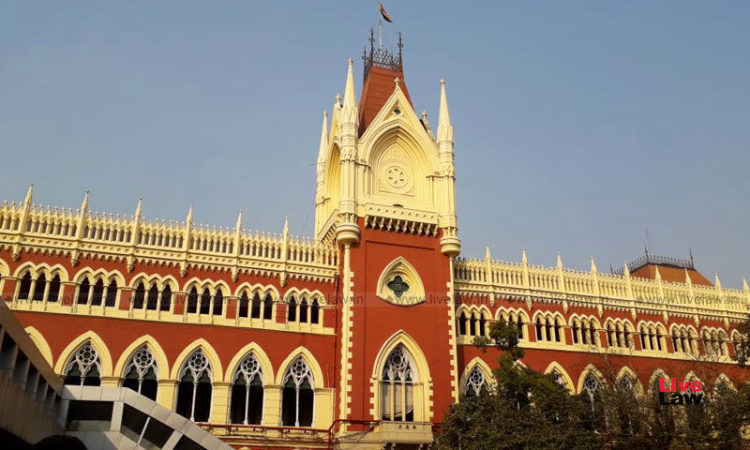GST Dept. Empowered To Detain Vehicle And Seize The Goods: Calcutta High Court Upholds Penalty
Mariya Paliwala
14 Feb 2023 9:29 AM IST

Next Story
14 Feb 2023 9:29 AM IST
The Calcutta High Court has held that the GST department was lawfully permitted to impose a penalty under Section 129 as well as the SGST as the goods were found to be detained in the territory of the state.The bench of Justice Bibek Chaudhuri has observed that Section 129 of the Central Goods and Services Tax Act, 2017, empowers the statutory authority to detain the vehicle and seize the...
